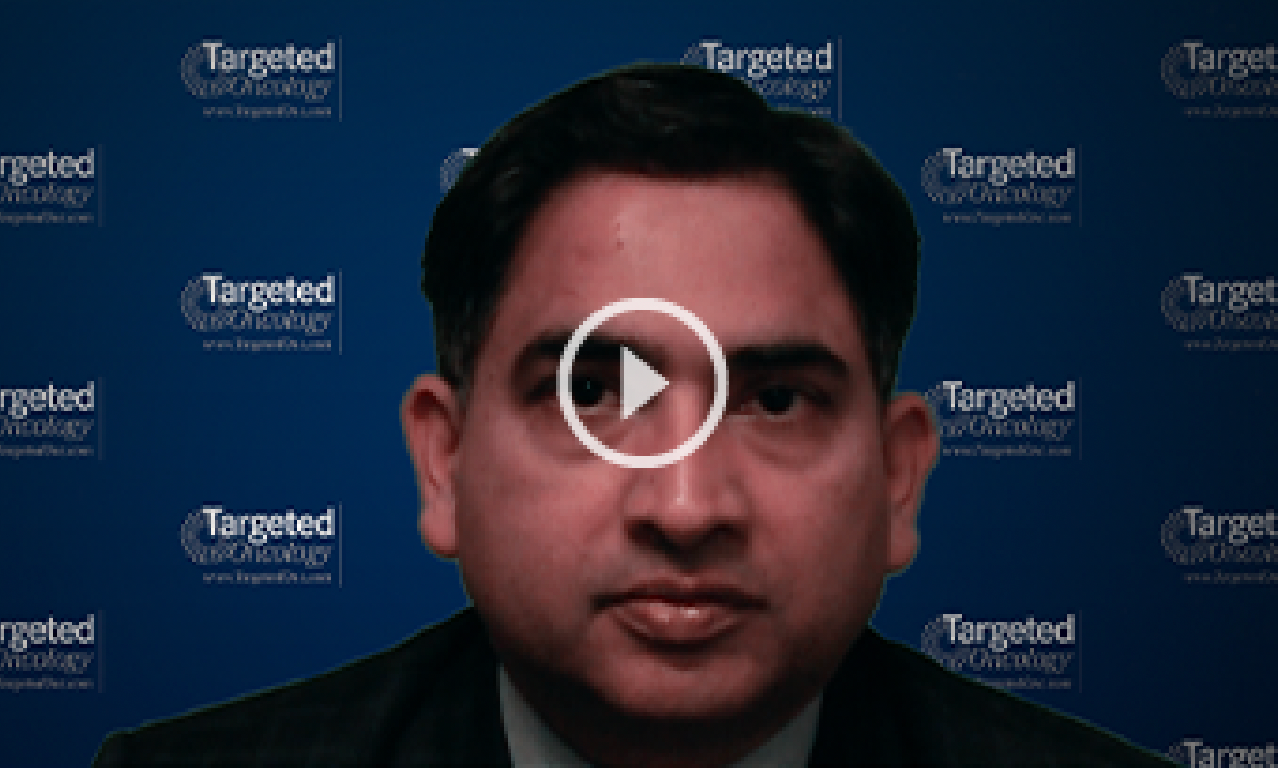FDA Signals Potential for Standard Approval of Paxalisib in Glioblastoma
The FDA indicated paxalisib's overall survival data could support standard approval in glioblastoma, as supported by GBM-AGILE study findings.

- The FDA stated overall survival (OS) data for paxalisib (formerly GDC-0084) in glioblastoma (GBM) may support standard approval but not accelerated approval.
- Secondary OS data from GBM-AGILE (NCT03970447) were deemed valuable for planning a pivotal study.
- The drug developer and the FDA aligned on the design of a pivotal phase 3 study, including patient population, primary end point, and comparator arm.
Following its Type C clinical meeting, the FDA has indicated that the overall survival (OS) data for paxalisib as a treatment for glioblastoma (GBM) is generally unsuitable for accelerated approval but could support traditional or standard approval.1
Secondary OS data from the phase 2/3 GBM-AGILE study were deemed supportive and informative for planning a pivotal registrational study.
Kazia Therapeutics Limited, the developer of paxalisib, and the FDA agreed on key aspects of the design for a proposed pivotal phase 3 study, including the patient population, primary end point, and comparator arm.
"We appreciate the extensive and thoughtful feedback from the FDA, which provides us with added clarity with respect to paxalisib's potential registration pathway for the treatment of patients with NDU glioblastoma," said John Friend, MD, chief executive officer of Kazia, in a press release. "We believe data from the GBM-AGILE trial, including the prespecified secondary end point, which demonstrated a 3.8-month OS improvement, provides evidence supporting a clinically meaningful efficacy signal that merits further testing paxalisib in this patient population in a larger, pivotal study."
Human brain activity: ©See Less - stock.adobe.com

According to findings from a prespecified secondary analysis of the phase 2/3 GBM AGILE study, paxalisib has shown a meaningful improvement in OS for patients with newly diagnosed GBM and unmethylated MGMT promoter status.2
A total of 313 patients with newly diagnosed unmethylated GBM or recurrent disease were randomized in stage 1 of the study, receiving either 60 mg daily paxalisib or standard-of-care (SOC) concurrent control between January 2021 and May 2022. Patients for the cumulative control arm were enrolled from July 2019 to May 2022.3
Stage 1 of the trial sought to identify investigational agents improving OS in GBM and assess whether specific subsets or biomarkers influence benefit. Investigators allowed those in experimental arms demonstrating efficacy to advance to stage 2, while accrual was halted at maximum sample size, or arms were dropped for safety or futility.
Secondary objectives included evaluating progression-free survival, OS by biomarker, safety signals, and quality of life. Additional analyses compared investigational arms to the concurrent control patients using established statistical models.
For patients with newly diagnosed GBM, the median OS with paxalisib was 15.54 months compared with 11.89 months with standard of care (SOC).3 Sensitivity analysis confirmed similar results, with an OS of 15.54 months for paxalisib and 11.70 months for SOC.
In the primary analysis, OS with paxalisib was 14.77 months in unmethylated patients vs 13.84 months in those receiving SOC. However, paxalisib did not show a benefit in recurrent disease, with an OS of 8.05 months vs 9.69 months for SOC.
For safety, paxalisib was shown to be well tolerated with new safety signals observed in the newly diagnosed unmethylated population.
"As we evaluate our next steps in NDU glioblastoma, paxalisib continues to be tested in a number of other key indications, including pediatric brain cancer and brain metastases. We have received orphan drug and rare pediatric disease designations for both [diffuse intrinsic pontine glioma] and [atypical teratoid/rhabdoid tumor], which could make us eligible to receive pediatric review vouchers at the time of product approval,” added Friend, in the press release.1
“We recently presented very exciting data at the San Antonio Breast Cancer [Symposium] highlighting synergistic activity between a novel combination of paxalisib and immunotherapy, and we believe paxalisib shows potential to be evaluated in breast cancers where PI3K pathway mutations are known to drive tumor growth; the Kazia team, in conjunction with the Board of Directors, is continuing to evaluate several options, and we expect to provide an outline for our path forward to maximize shareholder value by the end of January 2025," concluded Friend.
REFERENCES
Kazia Therapeutics provides update on paxalisib regulatory pathway following type C meeting with FDA. News release. Kazia Therapeutics Limited. December 31, 2024. Accessed January 2, 2025. https://tinyurl.com/527wc8se
Cloughesy TF, Alexander BM, Berry DA, et al. GBM AGILE: A global, phase 2/3 adaptive platform trial to evaluate multiple regimens in newly diagnosed and recurrent glioblastoma. J Clin Oncol. 2022;40(suppl 16):TPS2078. doi:10.200/JCO.2022.40.16_suppl.TPS2078
A trial to evaluate multiple regimens in newly diagnosed and recurrent glioblastoma (GBM AGILE). ClinicalTrials.gov. Updated December 12, 2024. January 2, 2025. https://www.clinicaltrials.gov/study/NCT03970447
FDA Approves FoundationOne CDx as Companion Diagnostic for Tovorafenib in Pediatric Low-Grade Glioma
January 17th 2025FoundationOne CDx is now FDA-approved as the first companion diagnostic for tovorafenib, enabling targeted treatment for relapsed/refractory pediatric low-grade glioma with BRAF mutations or rearrangements.
Read More










